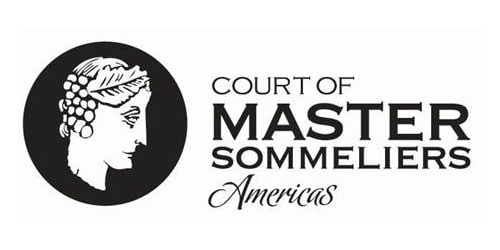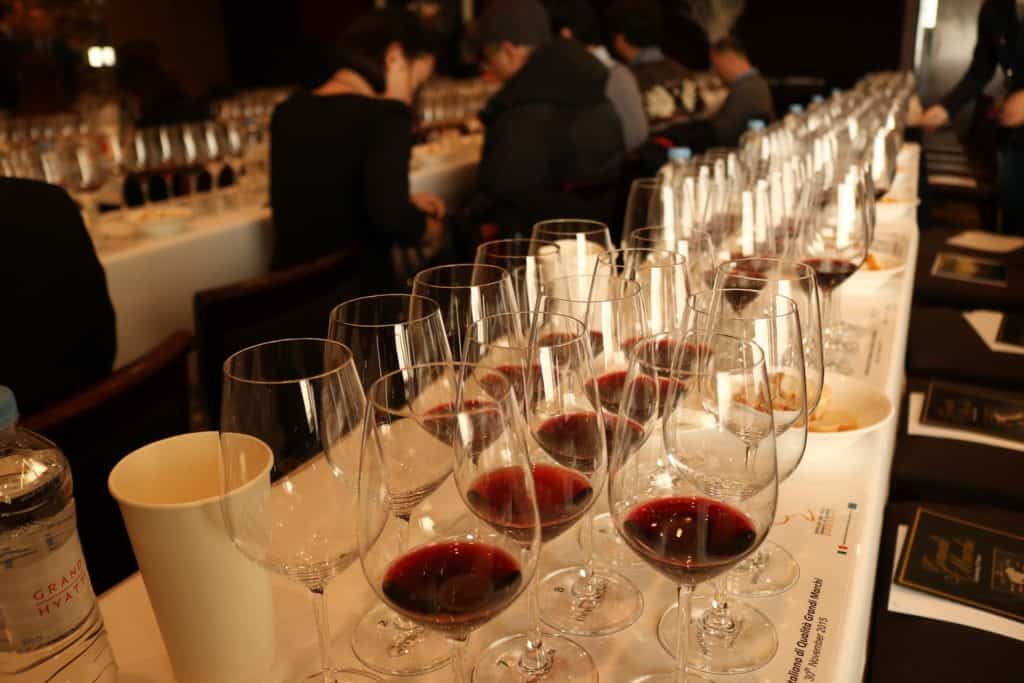Court of Master Sommeliers

The Court of Master Sommeliers certifies wine professionals with rigorous exams and a prestigious reputation. Yet, it’s mired in controversy: costly certification fees, allegations of elitism, cheating scandals, and lack of transparency mar its legacy. Prospective sommeliers should weigh other certification options like the Wine & Spirit Education Trust or the National Wine School before committing to the Court.
The Court of Master Sommeliers
The Court of Master Sommeliers, CMS, was formed in April 1977 to ensure that higher service standards were observed within the hospitality industry related to wine and cuisine pairing. This initiative entailed several trade groups and companies in England dealing in wine, such as the Vintners Company, The British Hotels & Restaurants Association, the Wine & Spirit Association of Great Britain, and the Wholesale Tobacco Trade Association.

Scorned by some, the CMS is recognized for one of the most difficult exams in the world: the Master Sommelier exam. This has recently been popularized through the documentary film “SOMM” and the TV show “Uncorked.”
“In the future,” said Mr. Gazzi, “Britain’s wine butlers will be able to gain a Master Sommelier’s Diploma, showing that they are masters of their craft. This will be available to practicing wine butlers with a minimum five years’ experience who are guild members.” Reference: BREWING TRADE REVIEW, 1969, FIRST PUBLISHED REFERENCE TO A MASTER SOMMELIER EXAM
Wine schools offer from introductory to professional certifications level 5, which is the highest level, for wines. For an explanation of levels of sommelier certification see the following: Sommelier Certifications.
Serious Issues with the Master Sommelier Program
Notably, the Court of Master Sommeliers Americas has trademarked “Master Sommelier” to prevent other institutions from using this title. A comparison of these programs is available here: Comparison of Sommelier Courses.
Over the years, there have been criticisms of the Court of Master Sommeliers:
- Exam process irregularities: There have been several reports of cheating and irregularities in grading and other aspects of the exam process. Source: Decanter
- Lack of diversity: There have been accusations that the Court is not inclusive and has failed to attract and retain a diverse membership. Source: The Washington Post
- High certification cost: The process of certification has also been criticized in relation to the examination cost for Master Sommelier. Source: Decanter
- Elitism and nepotism: The Court has been said to be elitist, and foster a culture of nepotism where few opportunities exist other than those cute little internships. Source: The Washington Post
- Lack of transparency: Some criticisms relate to a lack of transparency in the Court’s decision-making process and the appeal procedures. Source: Decanter
- Politically Active: The Court of Master Sommeliers has engaged in controversial political activity for many years. Source: SOMM
It is, however, worth highlighting that the Court has indeed taken steps towards mitigating some of these criticisms and is continuing to make efforts toward its better organization.
The cheating scandal which came to light showed the Court’s exam materials had been compromised, with candidates sharing confidential information about the test. Due to this, the Master Sommelier diploma was invalidated on the entire class of 2018. More recent scandals, including those of proof of racism and sexual violence can be found here: Master Sommelier Scandals.
The origin of the Master Sommelier designation preceded the Court of Master Sommeliers itself, in that The Guild of Sommeliers first developed the certification back in 1969. It was in the same year that The Guild pioneered sommelier accreditation and the first Master Sommelier exam.

The Making of a Master Sommelier
Regarding the cost of becoming a Master Sommelier: by 2023, the absolute cost associated with the various levels of exams required to be called a Master Sommelier was $2,910; actually, however, it costs more than $20,000 to get a Master Sommelier pin due to the hidden expenses on wines, travel, and examinations.
Unlike other wine certification organizations, the Court does not operate a wine school but conducts its seminars and exams in hotel conference rooms.
The tests put forth by the Court vary in both difficulty and content:
- Certified Sommelier Exam: The Certified Sommelier Exam includes a written theory examination, a blind tasting, and a practical examination.
- Advanced Sommelier Exam: The Level 4 Sommelier Certification is a more challenging exam with a written theory section, a blind tasting, and a practical exam. This level is infamous for having a really low pass percentage.
- Master Sommelier Exam: It is the toughest exam, and it is composed verbal theory, blind tasting, and a practical section. It is one of those exams in the world that has an extremely low pass percentage.
Is the Court For You?
Below are the pros and cons to pursuing certification through the Court of Master Sommeliers.
Pros: very prestigious organization, well-conceived exams, media awareness.
Cons: high failure rates, very few educational opportunities, extremely costly, no transparency in grading, no accreditation or oversight of any kind.
The Court of Master Sommeliers certifies experts in wine; however, this organization has fallen under criticism and scrutiny in many facets of its operations and exams. We strongly recommend reviewing your options for sommelier certifications in your region (including online sommelier certifications) before committing your resources to the CMS.
